Buy Semaglutide Online
$48.00 – $356.00Price range: $48.00 through $356.00
Semaglutide is a GLP-1 receptor agonist used for type 2 diabetes and weight management. Marketed as Ozempic, Rybelsus, and Wegovy, it helps lower blood sugar, control appetite, and support long-term metabolic health.
COA Semaglutide (GLP-1 Analogue) Certificate
Semaglutide GLP 1 Analogue is a next-generation glucagon-like peptide-1 receptor agonist (GLP-1 RA) designed to mimic the action of natural incretin hormones. It works by enhancing insulin secretion, reducing glucagon levels, slowing gastric emptying, and promoting a feeling of fullness—making it an effective tool in managing type 2 diabetes and supporting weight loss strategies.
This peptide-based medication helps regulate blood glucose levels while curbing appetite, making it highly sought after for metabolic health improvement. Semaglutide is administered via subcutaneous injection and is widely known for its once-weekly dosing convenience and long-acting efficacy.
The primary focus of GLP-1 research has been in the realm of diabetes treatment/prevention as well as appetite suppression. Secondary research focuses on the potential cardiovascular benefits of the peptide. More recent, and thus less robust, research focuses on the ability of GLP-1 to stave off neurodegenerative disease. Though this latter area of research is newest, it is also the fast-growing area of GLP-1 study now that the peptide has been revealed to slow or prevent the accumulation of amyloid beta plaques in the setting of Alzheimer’s disease.
HPLC Semaglutide (GLP-1 Analogue) Certificate

MS Semaglutide (GLP-1 Analogue) certificate

Semaglutide is an advanced medication that mimics glucagon-like peptide-1 (GLP-1), a natural hormone that regulates blood sugar and appetite. It enhances insulin secretion, reduces glucagon release, and slows gastric emptying, helping patients achieve better glycemic control and significant weight reduction.
- Ozempic is a once-weekly injectable approved for type 2 diabetes management, with added benefits for weight loss and cardiovascular health.
- Rybelsus is the first oral form of semaglutide, providing a convenient daily pill for blood sugar control in type 2 diabetes.
- Wegovy is a higher-dose injectable formulation specifically approved for chronic weight management in adults with obesity or overweight-related conditions.
Clinical trials have shown Semaglutide to be highly effective in reducing HbA1c levels, promoting weight loss, and lowering cardiovascular risk factors, making it one of the most impactful therapies in modern metabolic care.
Key Benefits:
- Lowers blood sugar in adults with type 2 diabetes
- Promotes significant weight loss by reducing appetite
- Improves cardiovascular outcomes in high-risk patients
- Available in both injectable (Ozempic, Wegovy) and oral (Rybelsus) forms
- Convenient dosing schedules for long-term management
Uses:
- Type 2 diabetes management
- Weight management in adults with obesity or overweight (with comorbidities)
- Cardiovascular risk reduction in patients with type 2 diabetes and established heart disease
Dosage:
- Ozempic/Wegovy: Weekly subcutaneous injection
- Rybelsus: Daily oral tablet, taken on an empty stomach
- Exact dosing should be individualized by a healthcare provider
Semaglutide is a medication used primarily for the treatment of type 2 diabetes and for chronic weight management. It belongs to a class of drugs called GLP-1 receptor agonists.
As a treatment for type 2 diabetes, semaglutide helps to lower blood sugar levels by mimicking the effects of a natural hormone in the body called glucagon-like peptide-1 (GLP-1). This action stimulates the pancreas to produce more insulin when blood sugar is high, and it also reduces the amount of glucose produced by the liver. Additionally, it slows down the rate at which the stomach empties, which helps to control post-meal blood sugar spikes.
For weight management, semaglutide works by promoting a feeling of fullness and reducing appetite. This leads to a decrease in calorie intake, which in turn can result in significant weight loss when combined with a reduced-calorie diet and increased physical activity.
Semaglutide is available in two main forms:
Ozempic® and Rybelsus®: These are approved for the treatment of type 2 diabetes. Ozempic is an injectable medication, while Rybelsus is an oral tablet.
Wegovy®: This is a higher-dose injectable formulation specifically approved for chronic weight management.
Common side effects of semaglutide can include nausea, vomiting, diarrhea, constipation, and stomach pain. It is a prescription medication and should only be used under the guidance of a healthcare professional.
FAQ – Semaglutide
Q1: What is Semaglutide?
Semaglutide is a GLP-1 receptor agonist, a medication that mimics the natural hormone glucagon-like peptide-1. It is used to regulate blood sugar levels and support weight management by slowing digestion, reducing appetite, and improving insulin secretion.
Q2: What conditions is Semaglutide used for?
Semaglutide is primarily prescribed for:
- Type 2 diabetes management (to improve blood sugar control).
- Weight management in adults with obesity or overweight, especially with related health conditions.
Q3: How is Semaglutide taken?
It is available in two main forms:
- Injection (Ozempic, Wegovy, Rybelsus injection): Administered once weekly under the skin.
- Oral tablets (Rybelsus): Taken once daily by mouth.
Q4: Is Semaglutide FDA-approved?
Yes. The U.S. Food and Drug Administration (FDA) has approved Semaglutide for:
- Type 2 diabetes (Ozempic, Rybelsus).
- Chronic weight management (Wegovy).
Q5: How does Semaglutide work in the body?
It works by:
- Stimulating insulin release when blood sugar is high.
- Reducing glucagon secretion (a hormone that raises blood sugar).
- Slowing down gastric emptying, making you feel fuller for longer.
- Helping regulate appetite and food intake.
Q6: What are the common side effects of Semaglutide?
Some people may experience:
- Nausea, vomiting, or diarrhea.
- Constipation or stomach pain.
- Fatigue or dizziness.
- In rare cases: pancreatitis, gallbladder issues, or kidney problems.
Q7: Who should not take Semaglutide?
It may not be safe for:
- People with a personal or family history of medullary thyroid carcinoma or multiple endocrine neoplasia syndrome type 2 (MEN2).
- Those with a history of severe gastrointestinal disease (e.g., gastroparesis).
- Pregnant or breastfeeding women (safety not established).
Q8: How effective is Semaglutide for weight loss?
Clinical studies have shown that Semaglutide can help patients lose 10–15% or more of their body weight when combined with diet and exercise.
Q9: Is Semaglutide the same as Ozempic or Wegovy?
Yes, they all contain Semaglutide but are branded differently:
- Ozempic: For type 2 diabetes.
- Rybelsus: Oral tablet form.
- Wegovy: For weight management.
Q10: Is Semaglutide safe for long-term use?
Current clinical studies suggest Semaglutide can be used safely for long-term management of type 2 diabetes and obesity. However, ongoing monitoring by a healthcare professional is important.
Do you want me to make this FAQ more product-page friendly (shorter, keyword-rich Q&As like “Can Semaglutide help me lose weight?” “Is Semaglutide safe?” etc.), or do you prefer this detailed medical-style FAQ version?
| weight | 10mg, 20mg, 10mg*10vials/box, 20mg*10vials/box |
|---|
Be the first to review “Buy Semaglutide Online” Cancel reply
Related products
Peptide
Peptide
Peptide
Peptide
Peptide
Peptide
Peptide
Peptide





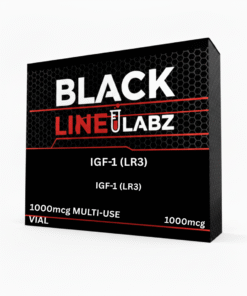
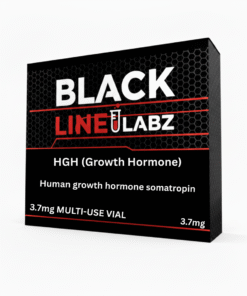
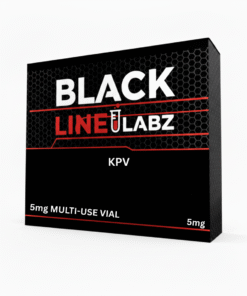
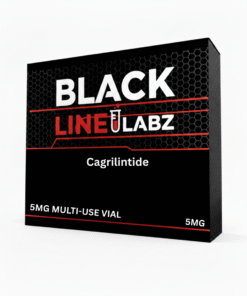
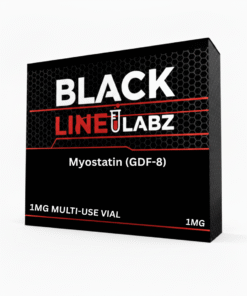
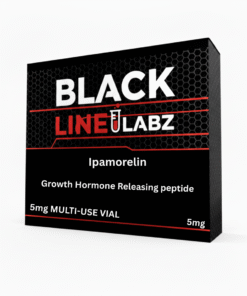
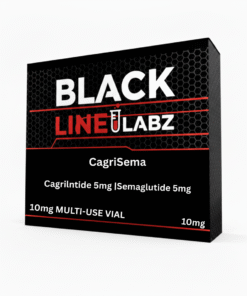

Reviews
There are no reviews yet.